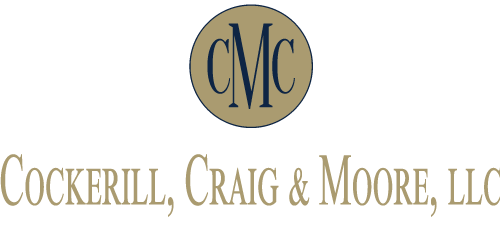NEW CAR DEALERS DEFENDING AGAINST LEMON LAW CLAIMS HAVE AN ADDITIONAL ELEMENT OF DAMAGES TO ADDRESS

We represent new and used car dealers accused of violations of the New Jersey Lemon Law or the Consumer Fraud Act and keep our clients and their insurance carriers aware of changes in the law that impact their bottom line. We also offer practical advice for managing the risks and reducing the potential damages from such claims. In Jorge Casal v. Hyundai Motor America, A-4487-12T3 decided by the New Jersey Superior Court Appellate Division on July 2, 2014 the panel reversed a lower court which denied attorneys’ fees to plaintiff’s counsel associated with obtaining recovery of the premiums paid for optional vehicle protection contracts the vehicle purchaser obtained through the dealer from third party vendors and remanded the matter to the trial court to reconsider the amount of the fee award to include time associated with those efforts.
Typically when we settle a case, we do so with the attorney fee component already built in to the settlement amount. In this case, Hyundai and the purchaser – Casal – agreed the vehicle was a lemon, and Hyundai offered to replace the vehicle or refund the purchase price; except for attorney’s fees, a dispute lingered over the three thousand dollars in additional protection coverages that Casal purchased. Casal wanted them transferred at no cost to him to the replacement vehicle, Hyundai declined and left it to be dealt with between Casal and the Sansone dealership. The resolution of the case left attorneys’ fees to be determined by the trial judge.
Hyundai maintained that all that Casal had to do was cancel the coverages and he’d receive a refund of the unused portion of premiums for the coverages; this turned out not to be as easy as thought and plaintiff’s counsel had to become involved and his fee certification in support of an award of fees reflected these efforts.
The trial court agreed with Hyundai they had no responsibility for these third-party contracts and that they were not “options or other modification arranged, installed, or made by the manufacturer or dealer…” and were not “any other charges or fees including but not limited to, sales tax, license and registration fees, finance charges”.
The Appellate Division disagreed finding that the expressed intent of the Lemon Law is to protect the new car consumer who should not have to suffer the cost of attorneys’ fees to obtain full relief. Interpreting the statute liberally; it in no way excludes optional contracts arranged by the dealer. The court found that there are no words in the statute that suggest that the “options or modifications arranged” by the dealer are limited to physical changes to the vehicle. The interpretation of the statute by the court pointed out that the state taxes, registration costs and finance charges listed for reimbursement are all third-party charges and the list of reimbursable items is not limited to these items. They found that it is clear from the statute that the consumer is to be made whole for all costs associated with the purchase as long as they are arranged by the dealer. The court found that because the vehicle manufacturer has an ongoing business relationship with the dealers; the dealers have an ongoing business relationship with the third party vendors; and all of the contracts were offered as part of the sale of the vehicle and negotiated by the dealer with the consumer – albeit on behalf of the third party – that it is for the manufacturer and dealer to effectuate the cancellation or transfer and if they do not and impose that burden on the consumer a counsel fee is allowed if counsel is needed to obtain relief from any options sold by the dealer.
Practical Points:
- Settlement and Release documents in Lemon Law cases need to address the cancellation or transfer process for any third-party add-ons purchased at the point of sale;
- Dealers should address the need for an efficient cancellation or transfer process with the third-party vendors of any add-on coverages they arrange for at the time of sale;
- Dealers need to create a process for cancellations and transfers of optional coverages purchased at the dealership from third-party vendors;
- Dealers need to obtain the request for cancellation from the purchaser who is cancelling a sale and receiving a refund or replacement of the vehicle and handle the refund or transfer process;
- Counsel fees for resolved cases should not be left open-ended or for the court to decide rather than being resolved in the settlement “package”
Examples of third party contracts that would be subject to this ruling (a non-exclusive list):
- Gap Coverage;
- Extended warranties;
- Service contracts;
- Anti-Theft etching;
- Road hazards;
- Key or remote device replacement;
- Lojack
At CockerillCraigMoore Law, we emphasize results. We will use our considerable skill, knowledge, experience and resources to help you pursue the most effective outcome in your case.
Contact CockerillCraigMoore Law
For a confidential consultation with experienced New Jersey trial attorneys, please call us at 856-795-2220 or contact our office online.
Written by: John C. Grady


